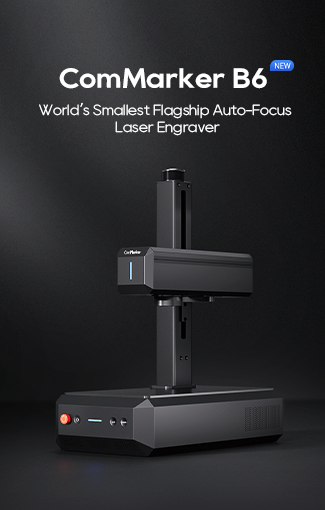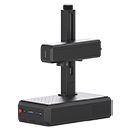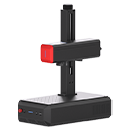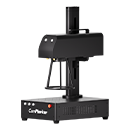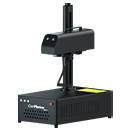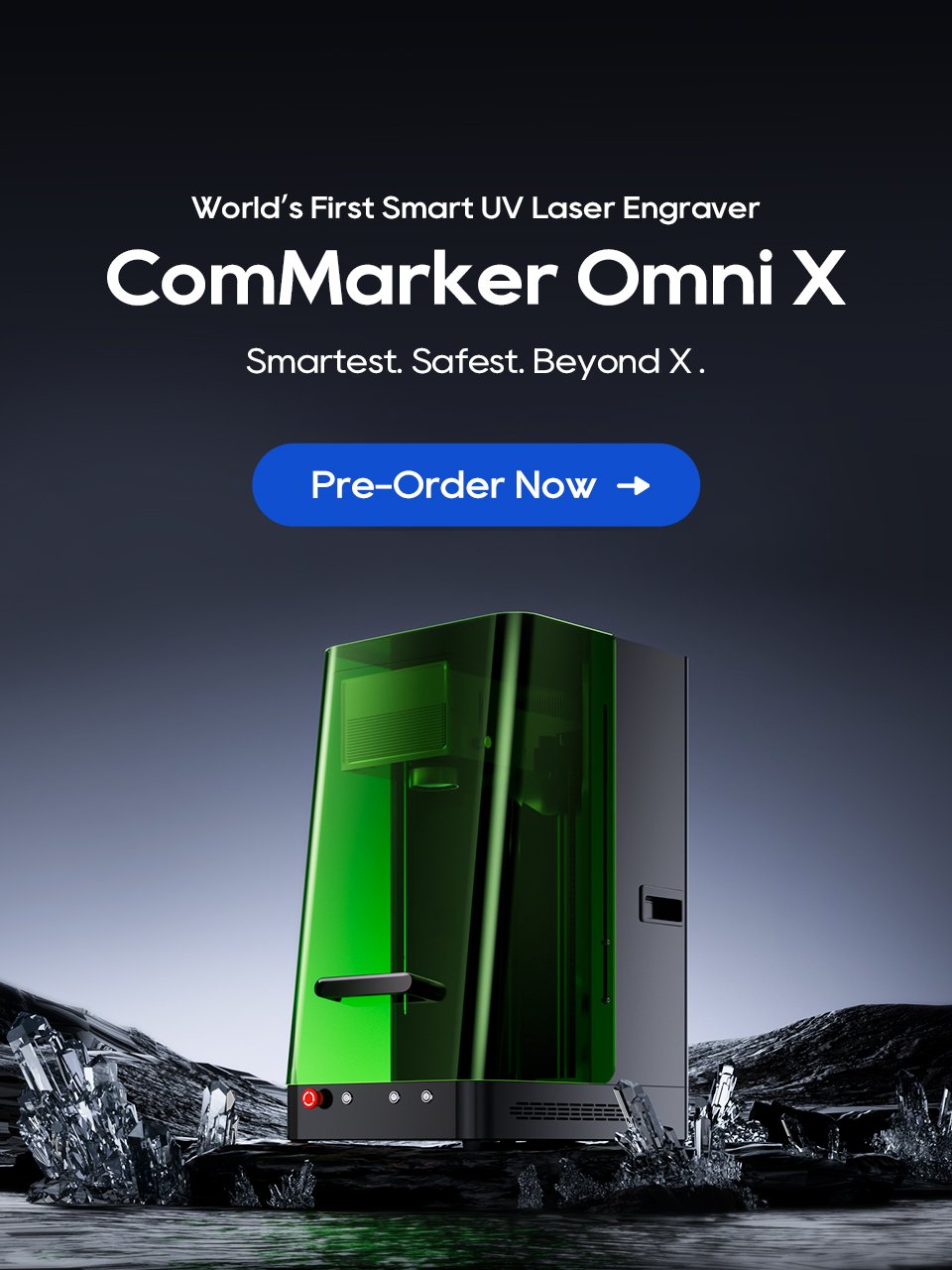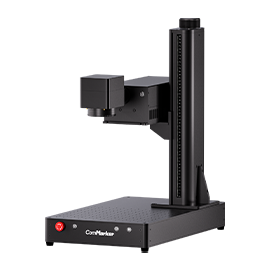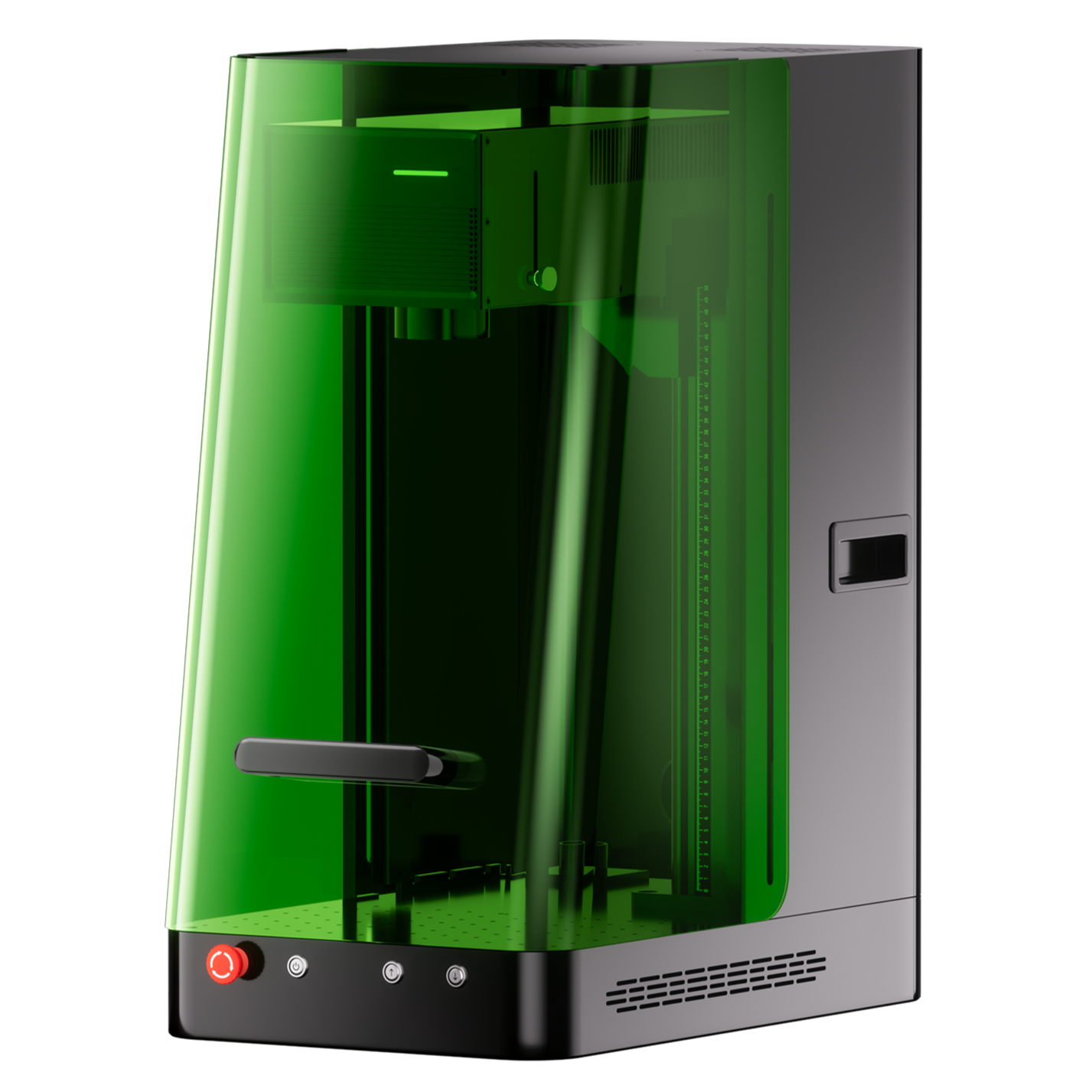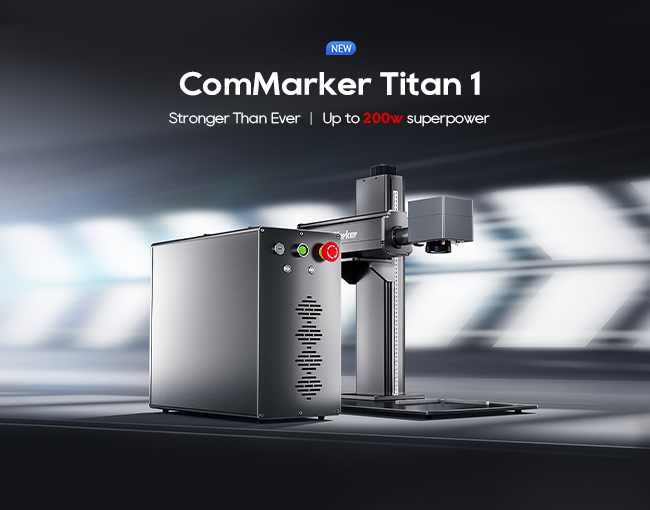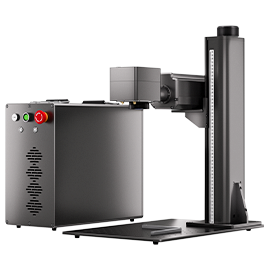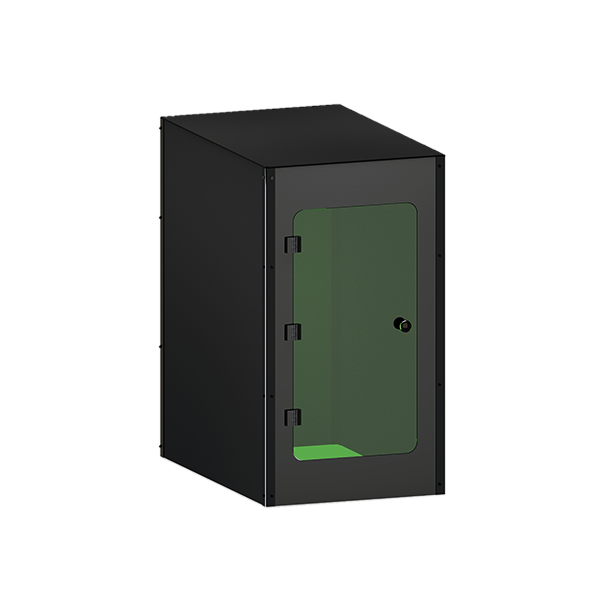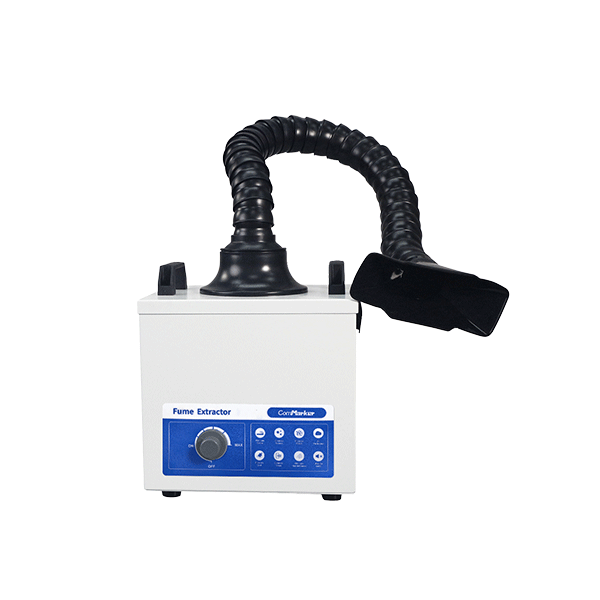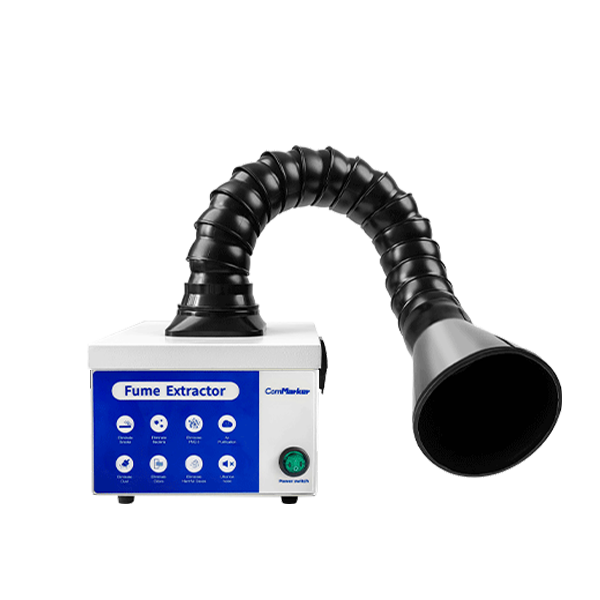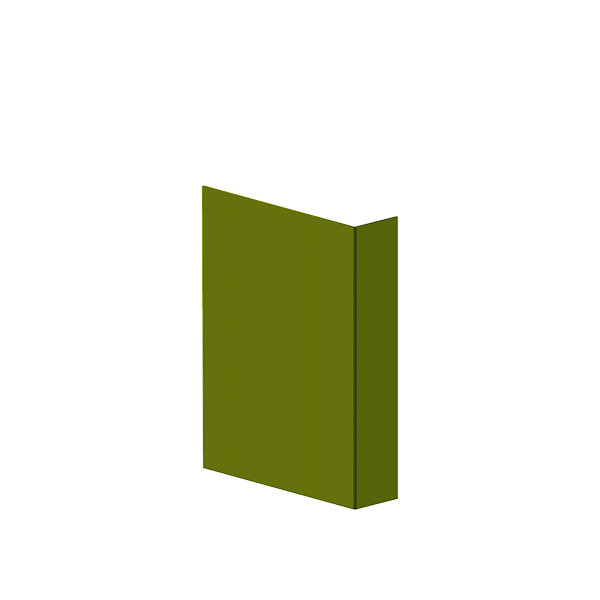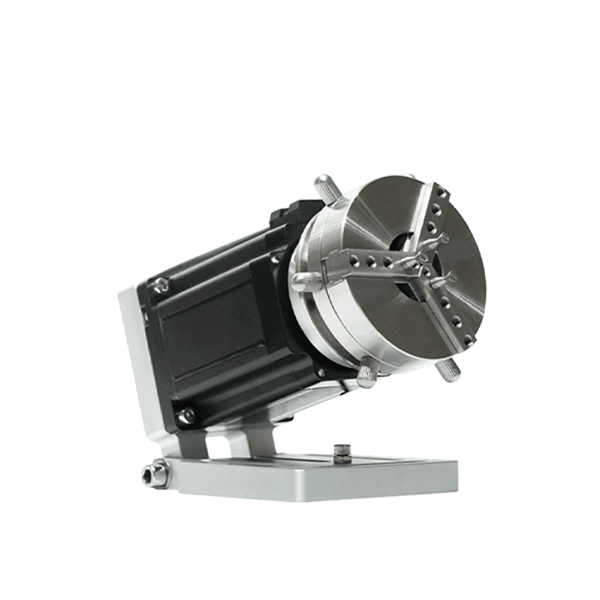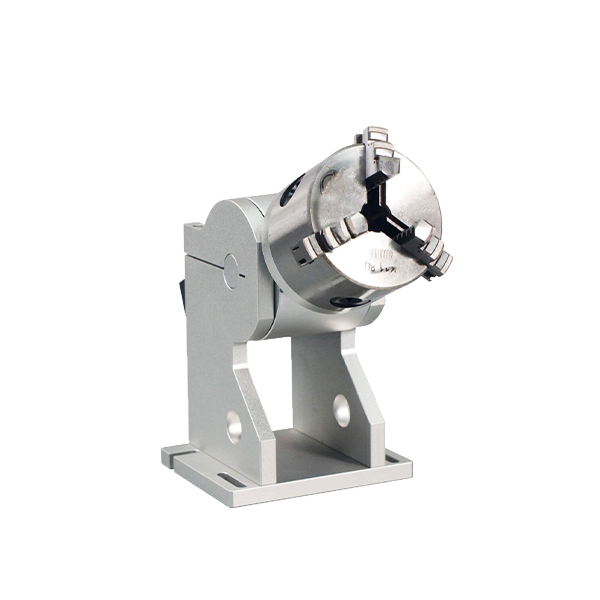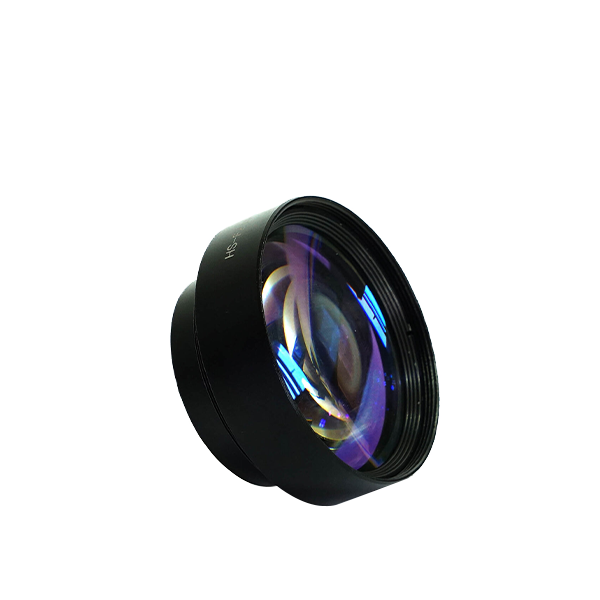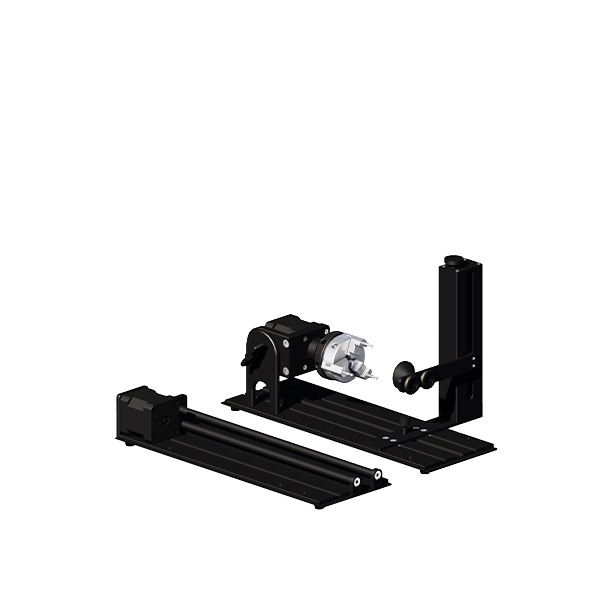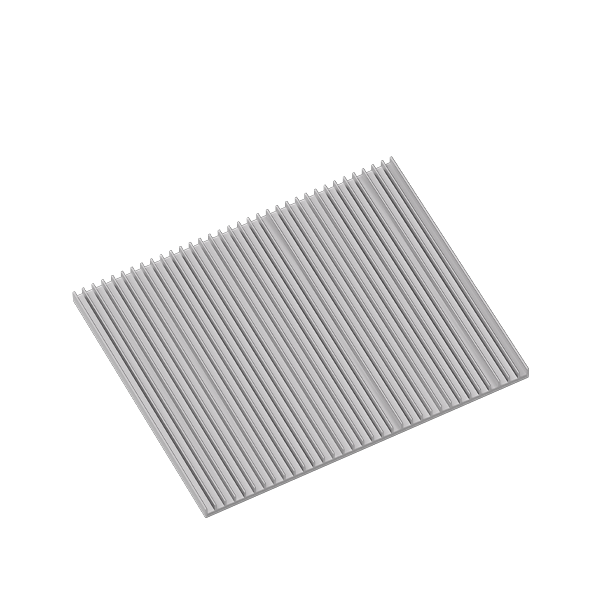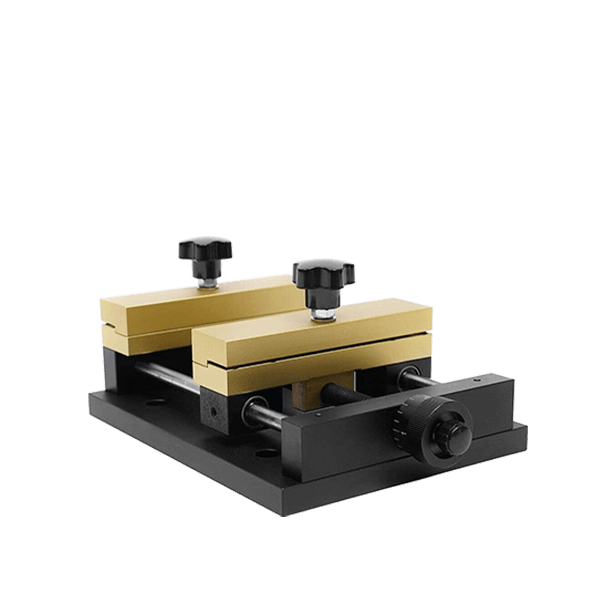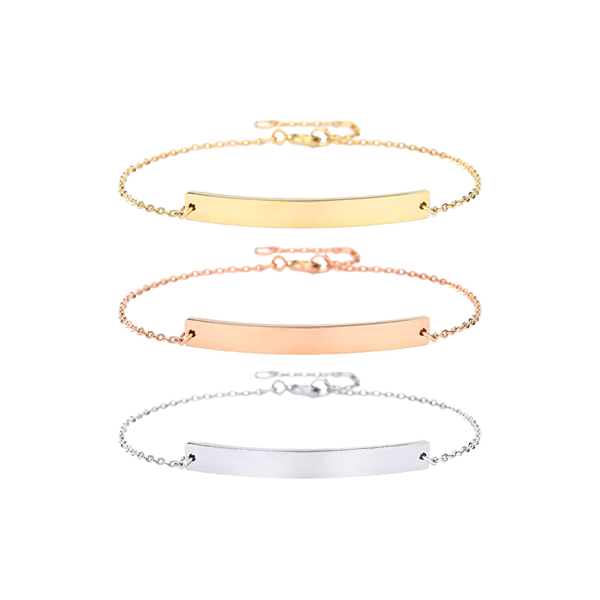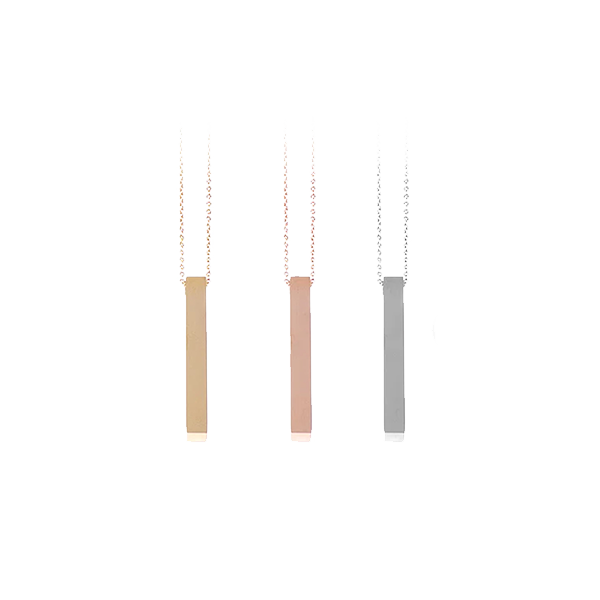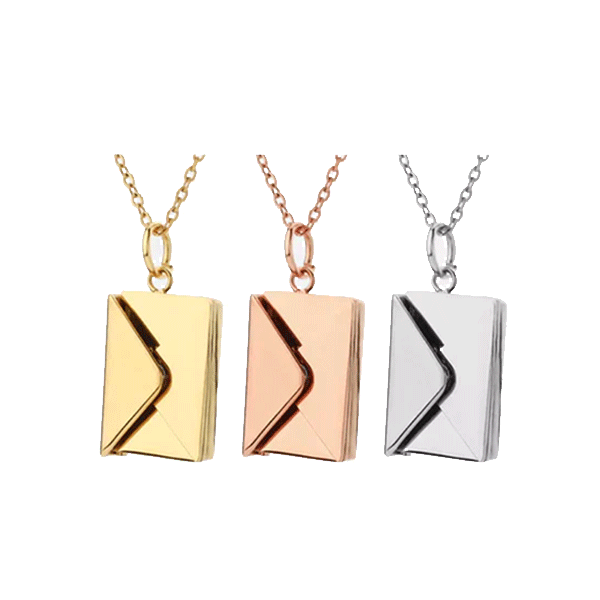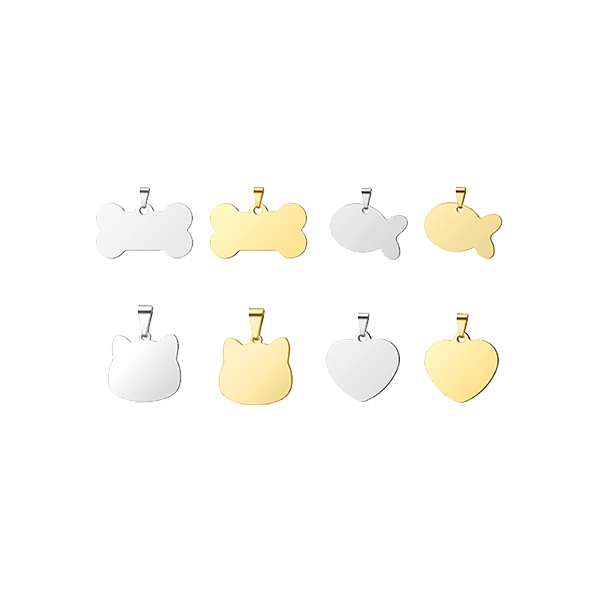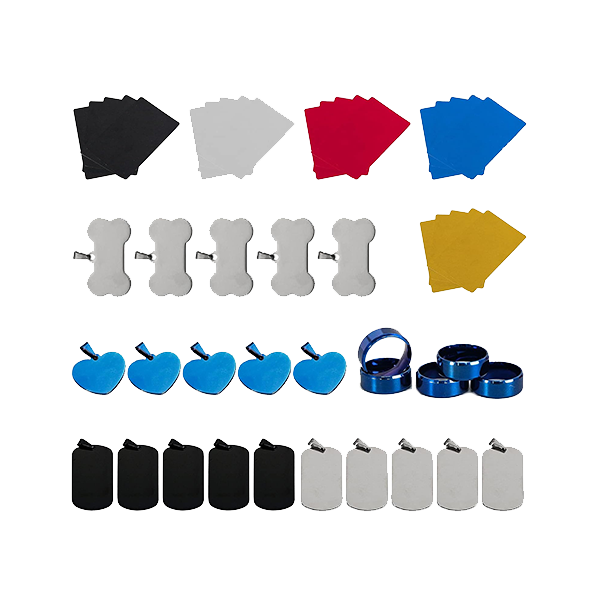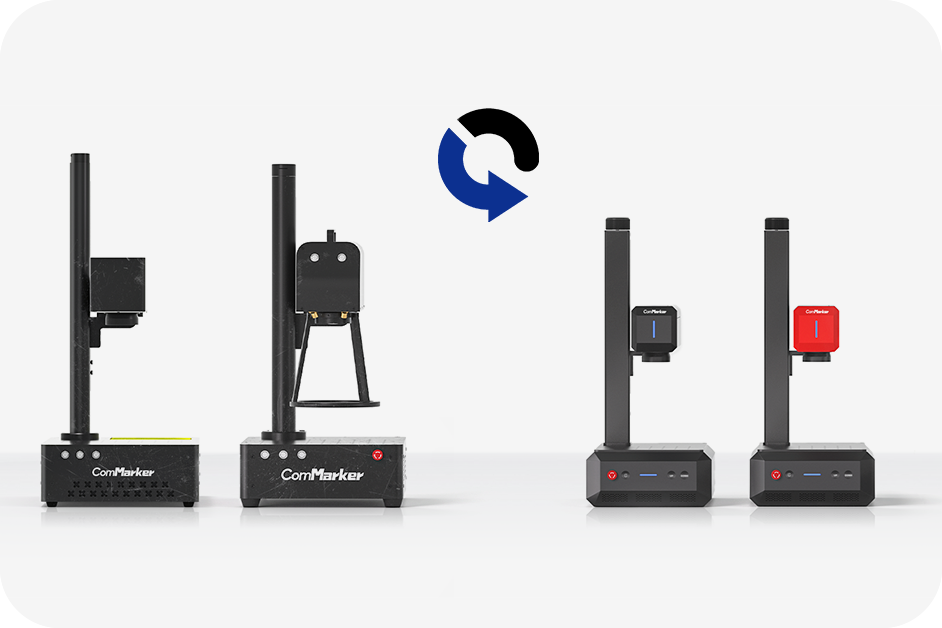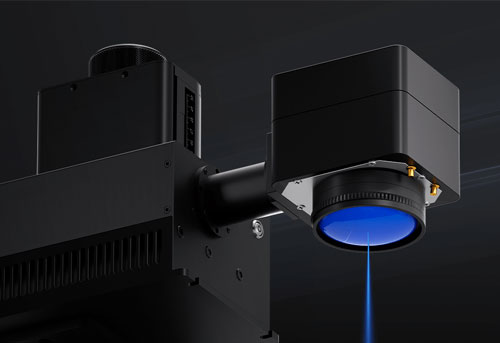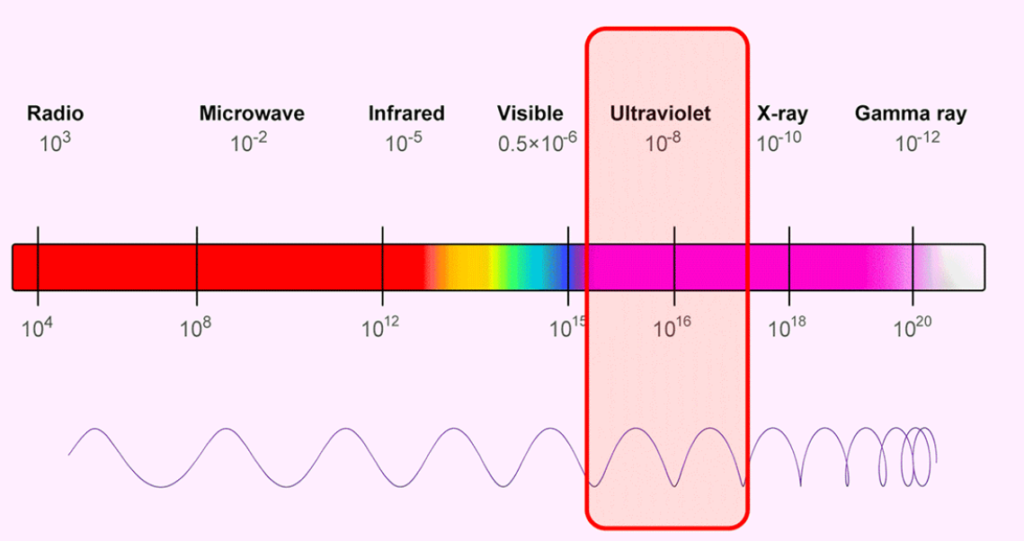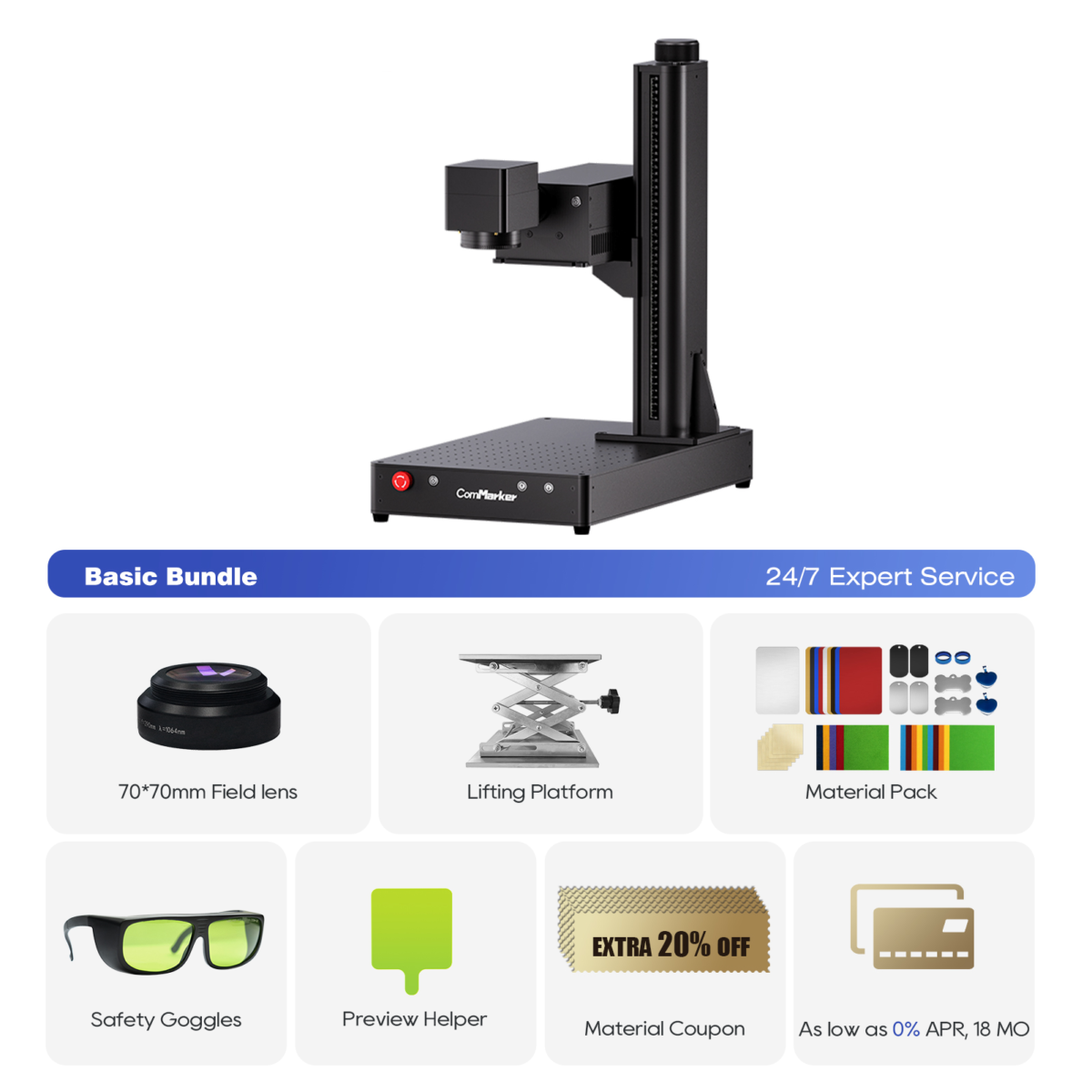In the world of laser Engravers, precision is everything. Whether you’re marking micro-sized text, 복잡한 패턴 조각, or working with delicate materials, the quality of your final product depends heavily on the laser source you choose. Over the past few years, UV 레이저 have emerged as the preferred solution for applications that demand 좋은 세부 사항, clean edges, and minimal heat damage.
But what makes UV lasers stand out compared to CO₂ or fiber lasers? 그것을 분해하자.
1. The Science Behind UV Lasers
Unlike CO₂ (10.6 μm) 섬유 레이저 (1064 nm), UV 레이저 operate at a much shorter wavelength—typically 355 nm. This shorter wavelength interacts with materials differently, using a process called “cold marking” 또는 “cold processing”.
Key Characteristics:
- 최소 열 영향부 (haz): Reduces burning, 녹는, or warping
- Higher Absorption Rate: Works well on materials that are transparent or reflective to other wavelengths
- Smaller Spot Size: Allows for extremely fine lines and intricate detail
💡 예: While a fiber laser might struggle to engrave clear acrylic without melting, a UV laser can produce a crisp, frosted finish with no cracks or burn marks.
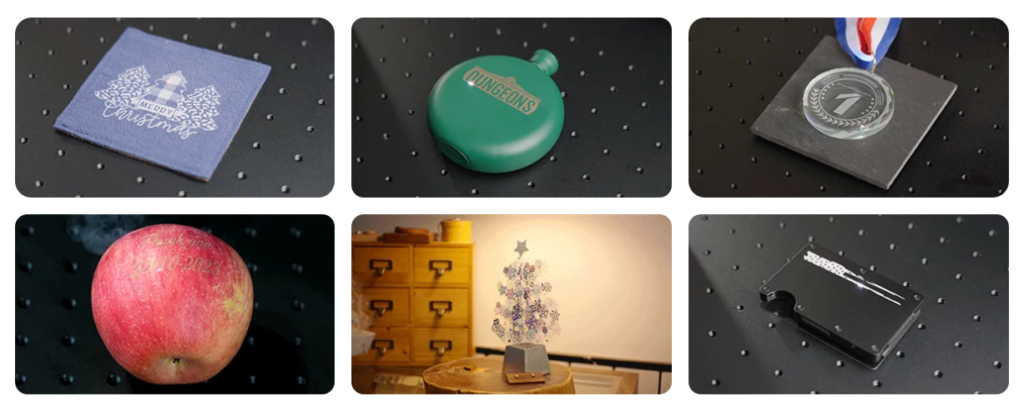
2. Materials That Benefit from UV Laser Engraving
One of the reasons UV lasers are gaining popularity is their 넓은 재료 호환성—especially for sensitive and specialty surfaces.
| 재료 | UV Laser Advantage | Example Applications |
|---|---|---|
| 플라스틱 (ABS, PC, PVC) | No melting or discoloration | Electronics housings, keycaps |
| 유리 & 결정 | Fine, crack-free marking | 상, 음료수, luxury packaging |
| 도예 & Porcelain | Clean, permanent marking | Mugs, 타일, 의료기기 |
| 궤조 (Coated or Uncoated) | High-contrast marks | 의료 도구, watch parts |
| 가죽 & Organics | Subtle, 자세한 디자인 | Luxury goods, branding logos |

3. UV Lasers vs CO₂ and Fiber Lasers
Each laser type has its strengths, but UV lasers excel where fine detail and surface integrity matter most.
| 특징 | CO2 레이저 | 파이버 레이저 | UV 레이저 |
|---|---|---|---|
| 파장 | 10.6 μm | 1064 nm | 355 nm |
| 가장 잘 사용됩니다 | 목재, 아크릴, 가죽 | 궤조, some plastics | 플라스틱, 유리, 세라믹, fine metals |
| Heat Damage | 높은 | 중간 | 낮은 |
| 세부 수준 | 중간 | 높은 | Very High |
| 소재의 다양성 | 중간 | 높은 | Very High |

4. Why Manufacturers Are Choosing UV Lasers
4.1 전자 산업
- Marking micro-components without damaging circuitry
- QR 코드, 일련번호, and micro text
4.2 Medical Device Industry
- Permanent marks that withstand sterilization
- Meets strict regulatory requirements for identification
4.3 고급 제품 & 브랜딩
- Ultra-precise logos on watches, 펜, 그리고 보석
- Subtle, non-intrusive markings for high-end appeal
5. ComMarker 옴니 1 UV Advantage
When it comes to professional UV laser engraving, 컴마커 옴니 1 자외선 is a standout choice.
- 355 nm 파장 for superior fine detail work
- Multiple lens options (110×110 mm, 150×150 mm) for flexibility
- Perfect for plastics, 유리, 세라믹, 코팅된 금속, 그리고 더
- Compact design ideal for small workshops and professional studios
💡 팁: If you regularly work with mixed materials, consider pairing your UV 레이저 조각사 with a rotary attachment for cylindrical items like bottles and mugs.
6. 미래의 트렌드: Why UV Lasers Will Keep Growing
Market demand for UV lasers is expected to rise sharply due to:
- Growth in microelectronics 그리고 의료기기
- Increasing demand for 사용자 정의 그리고 개인화
- Stricter quality standards in manufacturing
사실은, industry reports project the UV laser segment to grow at over 8% CAGR in the next five years, outpacing CO₂ and fiber laser growth rates in certain sectors.
컴마커 옴니 1 레이저 조각사
모든 재료를 잠금해제하는 차세대 레이저. ZeroBurn™ 조각 기술 세계 최초의 16K HD 레이저 조각기 10,000mm/s SpeedMax™ 조각 시스템 UV 레이저로 모든 재료 잠금 해제 ColdFront™ 열 기술 전기 리프팅 2 EZCAD 및 LightBurn 360°회전 조각 시스템과 호환되는 옵션 렌즈
If your projects require razor-sharp detail, minimal heat impact, and high material versatility, UV lasers are hard to beat. From delicate plastics to brittle glass, they deliver consistent, professional results that other laser types simply can’t match.
Whether you’re a DIY maker, 소기업 소유자, or industrial manufacturer, upgrading to a UV 레이저 조각사 like the ComMarker Omni 1 can open new possibilities for creativity and precision.




